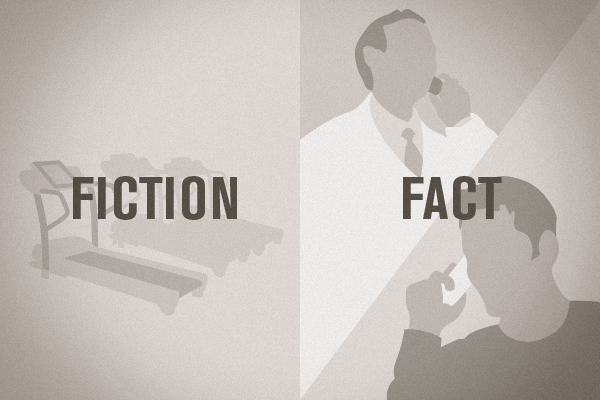Workforce.com published an article responding to critics who say that a subscription model doesn’t make sense for direct care. Naysayers suppose that patients stand to waste money if they don’t use the service, much like an unused gym membership. But physician and health care consultant Dr. Zubin Damania, who is working with online retailer Zappos (they’re considering offering a direct primary care clinic to Las Vegas-based employees), had this to say: “Would you use car insurance to get your oil changed or tires changed? I see primary care the same way.” Hmmm, sounds like an analogy we’ve been promoting for a while now.
Check out the complete article. We’re especially impressed with one of Qliance success stories. They provide direct care to a commercial fishing company operating off Alaskan coasts. The companies saved money by enrolling the fisherman in a direct care program, and have staved off side effects of high blood pressure in four cases. The risk of stroke is no small matter, and could be life-threatening in this intense and dangerous line of work. Another great example of the proactive benefits of direct care.
A side note to doctors concerned about implementing an Atlas MD-style subscription model: We encourage you to listen to our podcast, specifically episode 3 which covers running an in-house pharmacy. In certain cases, your ability to provide a wholesale medicine that would cost 800-900% more through a pharmacy can actually make it cost-prohibitive for patients NOT to join your practice. Even if they aren’t coming in every month for a visit, their “subscription” supports your ability to prescribe medications at a steep discount, to them, and other members of your community. That in and of itself is a tremendous value.
And a final thought on critics of a subscription model: We offer 24/7 real-time communication, at no additional charge. If we were lawyers, and charged for any time we even thought of a case, or spoke to you via phone, email or text, the charges would be astronomical. And it’s this open communication that can SAVE patients time, and prevent them from coming in unnecessarily (or visiting an ER), that makes the gym membership analogy pretty errant. Working out is physical; knowing whether your cut needs a butterfly bandage or stitches is an abstract. These things offer little comparison.
